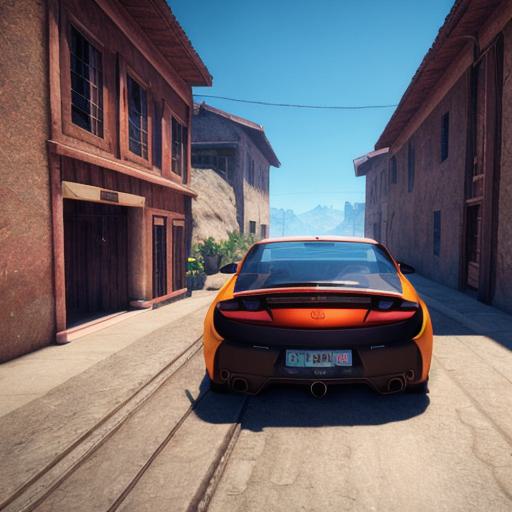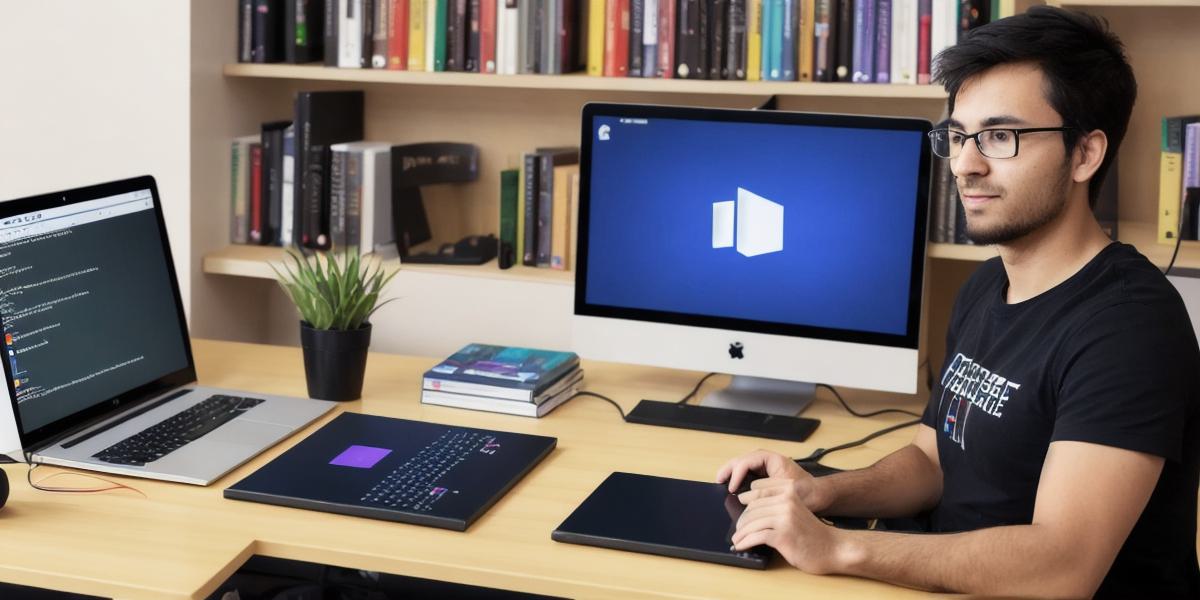As a mobile games developer, you’re always on the lookout for the best tools to bring your creative visions to life. When it comes to game development libraries, there are several options that can help you create high-quality games that engage and delight players. In this response, we’ll explore some of the top mobile game development libraries, focusing on their features, benefits, and real-world examples.
1. Unity3D
Unity3D is a versatile cross-platform game engine renowned for its powerful capabilities in 2D and 3D game development. With Unity, you can create games for mobile platforms (iOS and Android), as well as other platforms like PC, consoles, VR, AR, and the web. Unity’s Asset Store offers a vast collection of free and paid assets to help enhance your game’s visuals, sounds, and functionality.
- Benefits: Cross-platform support, extensive community & marketplace, easy-to-use interface, flexible scripting (C, C++, JavaScript), and real-time rendering.


- Example: "Puberty 2: Discovering Myself," a popular mobile game created using Unity3D.
2. Unreal Engine
Unreal Engine is another powerful game development engine that’s renowned for its stunning graphics and dynamic visual effects. This tool offers a robust set of features, such as real-time 3D rendering, AI capabilities, animation tools, and more. You can create games for mobile platforms (iOS and Android) and other target devices like PC, consoles, VR, AR, and the web.
- Benefits: High-performance graphics, extensive visual effects, real-time collaboration, and an intuitive interface.
- Example: "Fortnite," a massively popular mobile game developed with Unreal Engine.
3. Godot Engine
Godot Engine is a free and open-source game development platform that supports 2D and 3D games for desktop, mobile platforms (iOS and Android), consoles, VR, AR, and the web. Godot offers a friendly user interface, along with an extensive set of features such as visual scripting (GDScript), physics engine, animation tools, and more.
- Benefits: Cross-platform support, open source, flexible licensing, easy learning curve, and a large community.
- Example: "Kenny the Pirate," an open-source mobile game created using Godot Engine.
**Conclusion: Empowering Your Mobile Game Development Journey**
When it comes to creating high-quality mobile games, having the right development library at your disposal can make all the difference in bringing your vision to life. The libraries discussed above—Unity3D, Unreal Engine, and Godot Engine—each offer unique benefits and capabilities tailored to meet the needs of various game development projects. As a mobile games developer, consider exploring these options to find the best fit for your project.
* **Choose Unity3D if:**
You’re looking for cross-platform support, extensive community & marketplace, and an easy-to-use interface.
* **Choose Unreal Engine if:** You require high-performance graphics, dynamic visual effects, and real-time collaboration.
* **Choose Godot Engine if:** You’re working with a limited budget or seeking an open-source solution with a friendly user interface and extensive community support.
